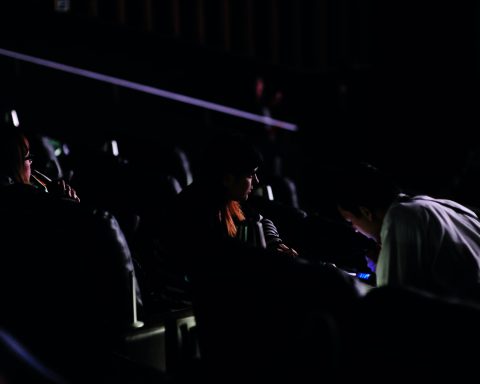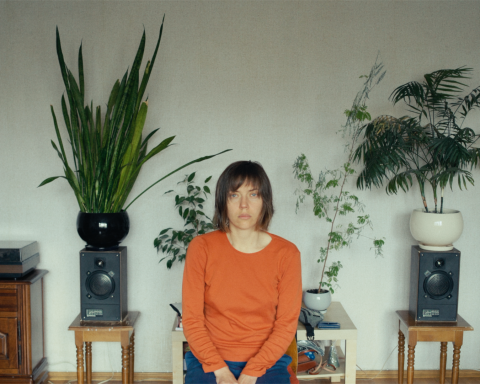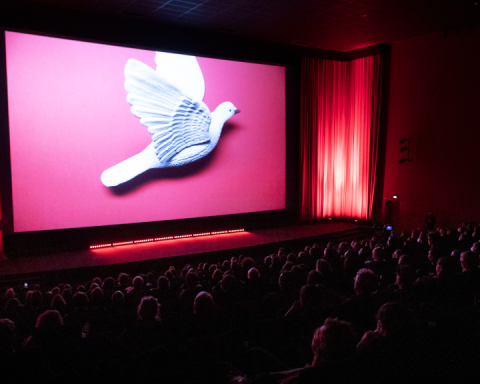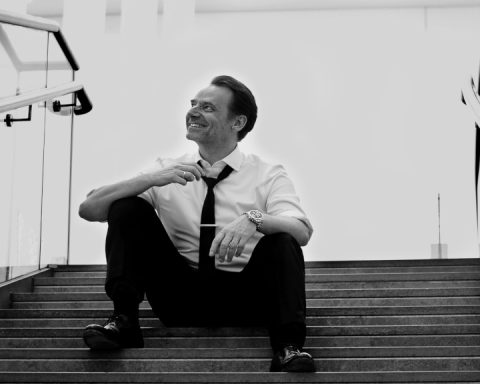If Alexander Supertramp had lived, he would’ve become “Captain Fantastic.”
But then again, maybe not. The main problem with movies I’ve seen about eschewing mainstream society for a nature-based lifestyle is the believability of the actors. This was the case for me with 2007’s Into the Wild (based on a novel that totally enthralled me) and 2016’s Captain Fantastic. The latter is written and directed by Matt Ross (whom you may know best as an actor), and is currently in cinemas.
It appears the actors in these movies cannot at all relate to the lifestyle they are portraying, and so the characters they play feel artificial. Their lines tend to sound like a memorized script – which they are, but shouldn’t sound like they are – especially in the case of the children in Captain Fantastic. But they are child actors, so one shouldn’t hold them to the same standards as veterans, of course.
On the other hand, these movies give us a glimpse into much less cluttered and money-driven lives – which are, for that reason, richer. I appreciate their escapism mixed with the harsh parts, the wake-up calls invariably bringing their chatacters out of utopia. We can take lessons from the choices and journeys they portray to add nuance to our own daily grind.
Captain Fantastic stars Viggo Mortensen as the older version of a Supertramp-type character.
There’s even an old school bus involved in critical moments of both their journeys. Unlike Supertramp, though, Mortensen’s character Ben always travels with quite a lot of company.
Ben is a very intelligent, resourceful man who decided to go rogue and raise his six children in the woods somewere in the Pacific Northwest. But he may have done it largely for his wife, who had been struggling with severe mental problems and came from a wealthy family where the father (Frank Langella) may have been a bit too controlling and intolerant.
Ben is a complex guy. While he wants his children to have the benefits of being outside the establishment – such as learning basic survival skills in nature and being skeptical of organized religion or anything else organized – he also wants them to be able to compete with the establishment children. Not only compete, actually – but outshine. You see a clear example of this when Ben stops over a relative’s house as they are forced to temporarily engage with mainstream society to attend an important funeral.
When the relatives (played by Kathryn Hahn and Steve Zahn) imply that Ben is not raising his children correctly and that they need to come into the establishment to learn about life, Ben decides to do a little experiment. He quizzes the relatives’ two boys on the Bill of Rights, and they both give empty answers.
Then he calls on his much younger, 8-year-old daughter Zaja (Shree Crooks). He asks her the same question, and the tiny genius responds with a complete rundown plus analytical footnotes.
So in this aspect he’s not so different from parents who, within the establishment, insist that their children try to be models of intellect, or athleticism, or beauty.
Ben’s home schooling may be a bit stricter than most institutional schooling, also for the strenuous survival training he puts his children through. But I’d say that the way the children in Captain Fantastic behave when prompted to spew out facts, and the pressures they suffer, are somewhat similar to children designated as “gifted” in American schools.
The “gifted” are expected to try to be the best and stay that way into college and beyond. Some manage to become popular, others are regarded as freaks or even ostracized by most cliques. So the kids from the woods are not unique in receiving this kind of treatment from the more mainstream kids.
Ben’s oldest son, Bo (George MacKay), sneaks behind his father’s back apparently with the help of his mother and manages to apply for Ivy League schools, all of which accept him. At some point, Bo expresses frustration at knowing nothing about life outside of books. I know people like this who never lived in the woods, but also never really experienced life outside their school, library or hobby club bubble.
It’s not clear why Ben has the need to prove that his family is superior for the life they have chosen and things he has taught them, even what exactly led him – and his wife – to make those choices in the first place. Except for briefly showing a picture that implies not all of the children were born in the woods, the movie does not explore their life before the wild. I think a few flashbacks would have added some useful context to the movie.
Ben is both a cool dad and an uncool dad in his obsessive, cult-like ways. He makes his children read Russian classics, Karl Marx, Noam Chomsky (their idol), even The Joy of Sex (or did the little girl just take it from their large collection?) He answers every question they ask with blunt, incisive honesty, and even lets them drink wine. He’s selective with what they can’t do without. He also teaches them to fake and steal (not so high-minded here). Eventually, he realizes that, in some aspects, he may be ruining their lives.
Especially his young, often grumpy son Rellian (Nicholas Hamilton), is not happy with his living situation. He seems to be the least prodigious of the “Fantastic” kids (who are also musically inclined), or maybe just hides his talent to be rebellious.
I’ve seen a comparison between this character and that of River Phoenix in Stand By Me (1986). It’s curious that the Phoenix family (also Joaquin’s), in real life, used to be part of a cult and nomadic for a while, and named their children after natural elements. The names of the “Fantastic” children are even more unique, however. And a trippy Elton John song may have had something to do with the title of the movie itself. I wonder how many pop culture sources the writer / director consciously drew from.
The movie seems to try too hard. Part of this is the family being too out of touch in certain scenes, in a way that only seems possible for people living in protected, unexplored reserves, which is apparently not the case with where they are. In other scenes, they are just way too savvy for a bunch who’s so out of touch. But the last several scenes showing the extent of the bond among the “Fantastic” seven may be its redemption, and a life story that should perhaps be included in manuals about parenting – and in self-help books.
Movie showtimes for Captain Fantastic @ Leipzig
(English with German subtitles)







